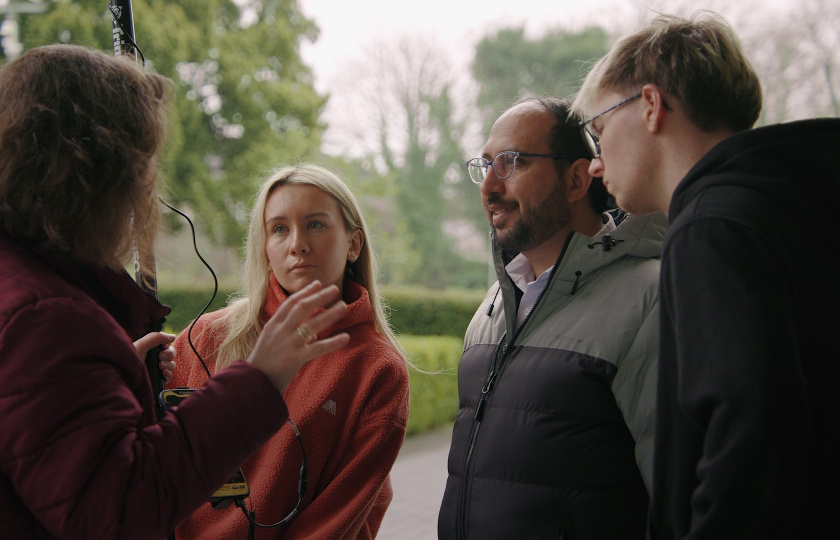MA / M Sc in Environment, Society and Culture
Available: Full-time/Part-time
NFQ Level: 9*
Duration: 1 yr FT/2 yrs PT
Location: MIC Limerick/online
Delivery Mode:
Face-to-face and/or online
Assessment:
Theoretical essays, technical projects, oral presentations, consultancy reports, research proposals, and dissertation.
- Programme Overview
- Programme Content
- Entry Requirements
- How to Apply
- Ask a Question
Programme Overview
The MA/M Sc in Environment, Society and Culture focuses on the interplay between natural environment and human society, and covers a range of advanced topics across human and physical geography, drawing heavily on MIC staff research expertise. This programme is highly flexible, for instance allowing students to choose, principally via their dissertation research, whether to pursue an Arts or Science Master’s qualification.
Key Features
The scope of the programme is relatively broad, mirroring the integrated nature of this subject in the real world, and incorporating themes from both the social and physical sciences (i.e. in disciplinary terms, from both human and physical geography). The subject material covered in the programme draws on the expertise of the staff base, which, while maintaining a general focus throughout on the relationship between environment, society and culture, enables specificity and depth of study on themes related to individual staff members’ research interests.
The interplay between human society and the natural environment is one of the most pressing issues in the world today. Anthropogenic activities are now firmly understood to be causes of global heating, yet environmental governance and management continue to be highly contested subjects due to conflicting human interests. Irrespective of the relative success of governance, there is an unquestioned and ongoing need for knowledge on the relationship between human society and culture and the environment, and significant economic potential and job opportunities in this area.
Click here to download the programme brochure.
You may also be interested in the MA in Climate, Justice & Sustainability

Professional Skills
There are important environmental, and also moral, reasons to study this programme, but there are also strong professional reasons. This is a busy and growing employment sector, and this programme enhances provides both subject-related and transferable skills that are sought after by employers. To ensure our students are ready for the world of work, the programme includes a novel Environmental Consultancy module, where student groups undertake real-world projects commissioned by external organisations.
Master of Arts or Master of Science?
The Environment, Society and Culture Masters programme has both Arts and Science routes, and students choose a route to pursue depending especially on their dissertation research. It is necessary to enrol on one or other degree – MA or M Sc – at the outset, but there are no barriers to students switching their preference later in the programme.
Career Opportunities
The career options for graduates of the MA/MSc Environment, Society and Culture programme are likely to be very wide-ranging. This subject, like its parent discipline of Geography, crosses a range of domains in the Arts, Sciences and Social Sciences. As such, these Masters graduates will have advanced competencies in their subject specialisms – including dissertation research topics – but also in key and transferable skills. These students will develop excellent literacy, numeracy, communication, problem-solving and team-working skills. Given the fluidity of the jobs market these days – a single job/career for life is rare now – these skills will ensure graduates’ suitability across a wide range of career options, and enable them to navigate this fluid jobs market successfully.
Likely career paths include environmental consultancy, engineering and law; geospatial analysis; legislation and policy making; research; and teaching. Potential employers include civil service and government agencies; NGOs; environmental and geospatial organisations; academia; and education. Graduates also have the option to complete further study to PhD level.
NFQ Levels
*Graduate Certificates are Level 9 Minor Awards, Graduate Diplomas and Masters are Level 9 Major Awards and PhDs are Level 10 Major Awards on the National Framework of Qualifications (NFQ), awarded by the University of Limerick.
- Programme Overview
- Programme Content
- Entry Requirements
- How to Apply
- Ask a Question



